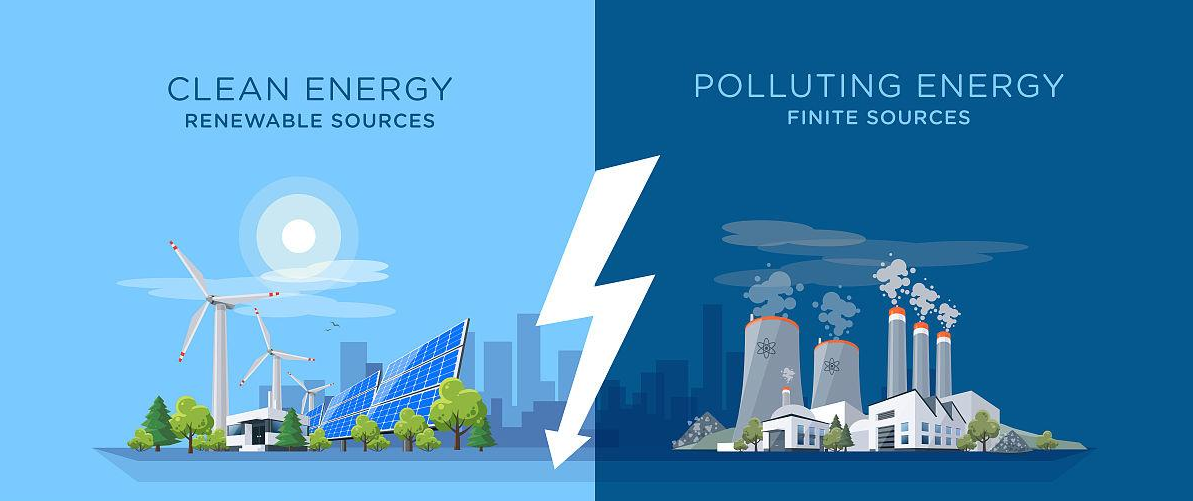A recent policy announcement by the European Union may boost the energy storage market, but it also reveals the inherent weaknesses of the free electricity market, an analyst has revealed.
Energy was a prominent theme in Commissioner Ursula von der Leyen’s State of the Union address, which followed a series of market interventions proposed by the European Commission and the subsequent approval by the European Parliament of RePowerEU’s proposed 45% renewable energy target for 2030.
The European Commission’s proposal for interim market interventions to mitigate the energy crisis contains the following three aspects.
The first aspect is a mandatory target of a 5% reduction in electricity consumption during peak hours. The second aspect is a cap on the revenues of energy producers with low production costs (such as renewables and nuclear) and reinvesting these profits to support vulnerable groups (energy storage is not part of these producers). The third is to put controls on the profits of oil and gas companies.
In France, for example, Baschet said that if these assets were charged and discharged twice a day (evening and morning, afternoon and evening, respectively), the installation of 3,500MW/7,000MWh of energy storage would be enough to achieve a 5% reduction in emissions.
“These measures have to be in effect from December 2022 to the end of March 2023, which means we don’t have enough time to deploy them, and whether energy storage will benefit from them depends on each country’s implementation of measures to deal with them.”
He added that we could see some residential and commercial and industrial customers installing and using energy storage within that timeframe to reduce their peak demand, but the impact on the overall electricity system would be negligible.
And the more telling elements of the EU’s announcement are not necessarily the interventions themselves, but what they reveal about the energy market at the moment, Baschet said.
“I think this set of emergency measures reveals a key weakness in Europe’s free electricity market: private sector investors make decisions based on market prices, which are very volatile, and therefore they make very complex investment decisions.”
“This type of incentive to reduce dependence on imported gas would be much more effective if it were planned in advance, with clear mechanisms to compensate infrastructure over multiple years (e.g. encouraging C&I to reduce peak energy use over the next five years rather than the next four months).”

Post time: Sep-28-2022
